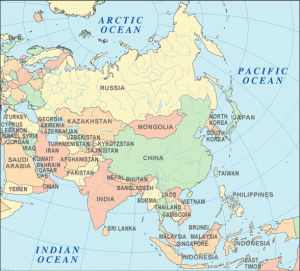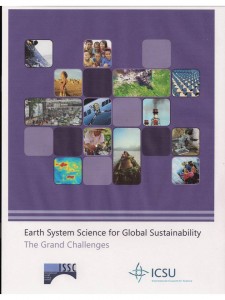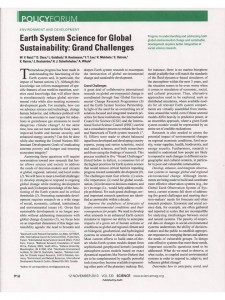
While the automated search produces the relevant results, Jack Davis is the Sherman Kent of our time and deserves a cleaner quicker result. Here is the human in the loop distillation of this great man's contributions as they appear on this web site and the two web sites in Sweden where all our stuff is safely preserved.
Who’s Who in Public Intelligence: Jack Davis
Review: Improving CIA Analytic Performance–Four Papers by Jack Davis
2003 Davis (US) Analytic Paradoxes: Can Open Source Intelligence Help?
1997 Davis A Compendium of Analytic Tradecraft Notes
Search: jack davis and his collected memoranda o
Search: The Future of OSINT [is M4IS2-Multinational]
Journal: Opinion on the Failure of “The System”
Worth a Look: Book Reviews on Analysis
Review: Assessing the Tradecraft of Intelligence Analysis
Review: Tell Me No Lies: Investigative Journalism That Changed the World
Review: The Landscape of History–How Historians Map the Past (Paperback)
Review: Strategic Intelligence–Windows into a Secret World
2000 PRIMER on Open Sources & Methods
Review: Thinking in Time–The Uses of History for Decision-Makers
1998 Open Source Intelligence: Private Sector Capabiltiies to Support DoD Policy, Acquisition, and Operations
Review: Strategic intelligence for American world policy (Unknown Binding)








